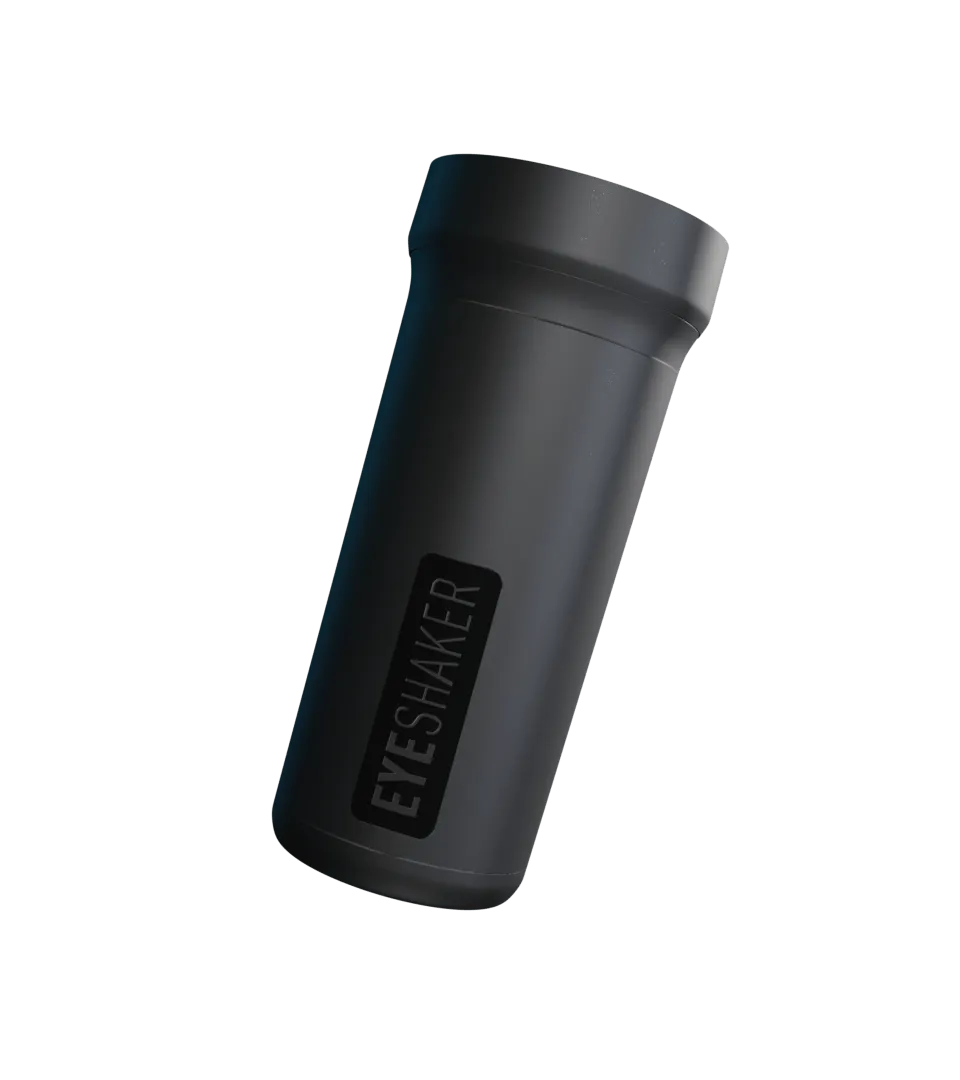Not every cleaner suitable for the kitchen or bathroom is safe for your glasses. Homemade solutions seem practical at first glance, but they can quickly lead to scratches, dull coatings, or damaged nose pads.
Can you make your own eyeglass cleaner?
Yes, it's technically possible—for example, by mixing water with a mild cleaning agent. The problem: Many commercially available products are designed for household use and contain ingredients that are unsuitable for eyeglass lenses .
Risks of DIY eyeglass cleaners
- Dishwashing detergents often contain alcoholic or acidic ingredients that attack coatings
- Without chemical expertise, it is difficult to check whether a product is safe
- Long-term damage to frames, nose pads and lenses possible
Why special eyeglass cleaners are the better choice
Professional products are precisely tailored to the sensitive surfaces of eyeglasses and contain no harmful substances. They clean thoroughly without scratching, extending the lifespan of your glasses.
Recommended alternatives
- Cleaning Tabs – remove dirt and grease gently and thoroughly
- Cleaning Kit – Complete solution for your home
- The Cleaner Pocket – handy cleaning on the go
- Bundle “I want it all” – everything for perfect eyeglass care
- Bundle “The Cleanest Year” – a year of clean glasses
Conclusion
Homemade lens cleaners sound tempting, but they pose high risks for your glasses. With tested, specialized products, you can clean safely and effectively and preserve the quality of your lenses and coatings for the long term.










